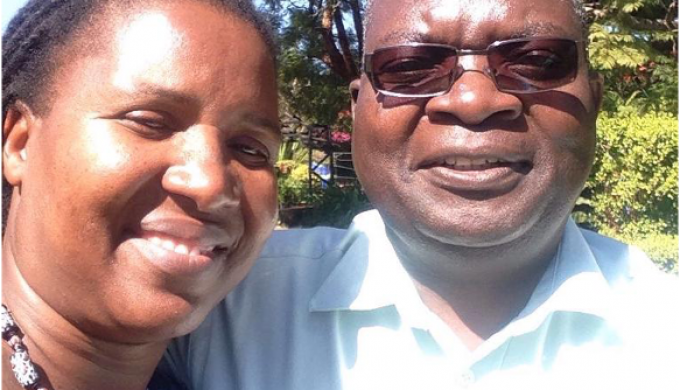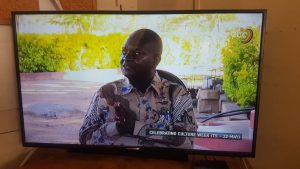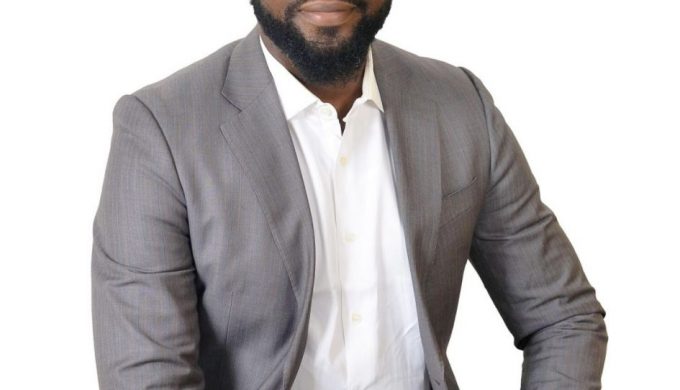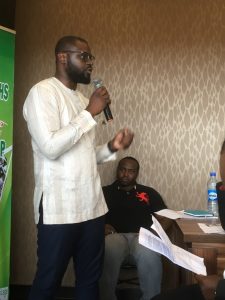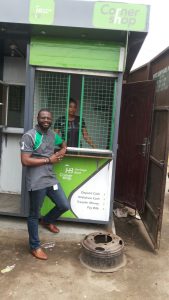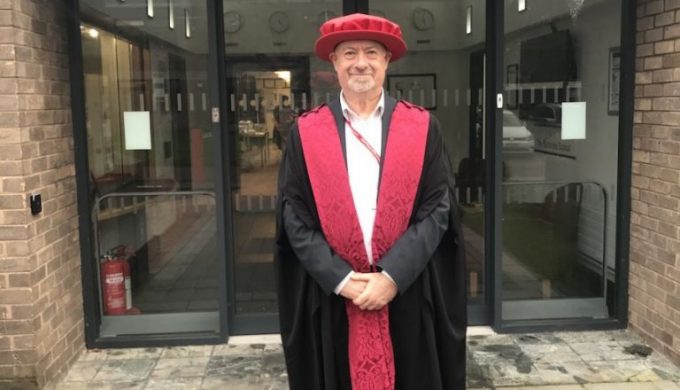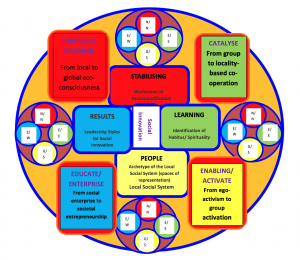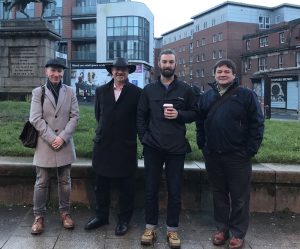New PhD Graduate: TRANS4M Fellow Daud “Shumba” Taranhike, Zimbabwe, graduates with an Innovation Focus on the Integral Kumusha
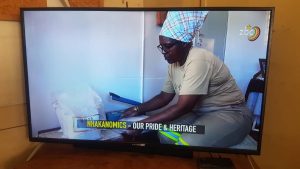 The Integral Kumusha is now promoting both indigenous and exogenous knowledge and how to marry them to enhance livelihoods being spearheaded by the Mai Chimuti Brand which refers to the marginalised rural woman. In the African home setting, the woman plays the crucial role – hence the Shona adage “Musha Mukadzi” which means the woman makes the home.
The Integral Kumusha is now promoting both indigenous and exogenous knowledge and how to marry them to enhance livelihoods being spearheaded by the Mai Chimuti Brand which refers to the marginalised rural woman. In the African home setting, the woman plays the crucial role – hence the Shona adage “Musha Mukadzi” which means the woman makes the home.
